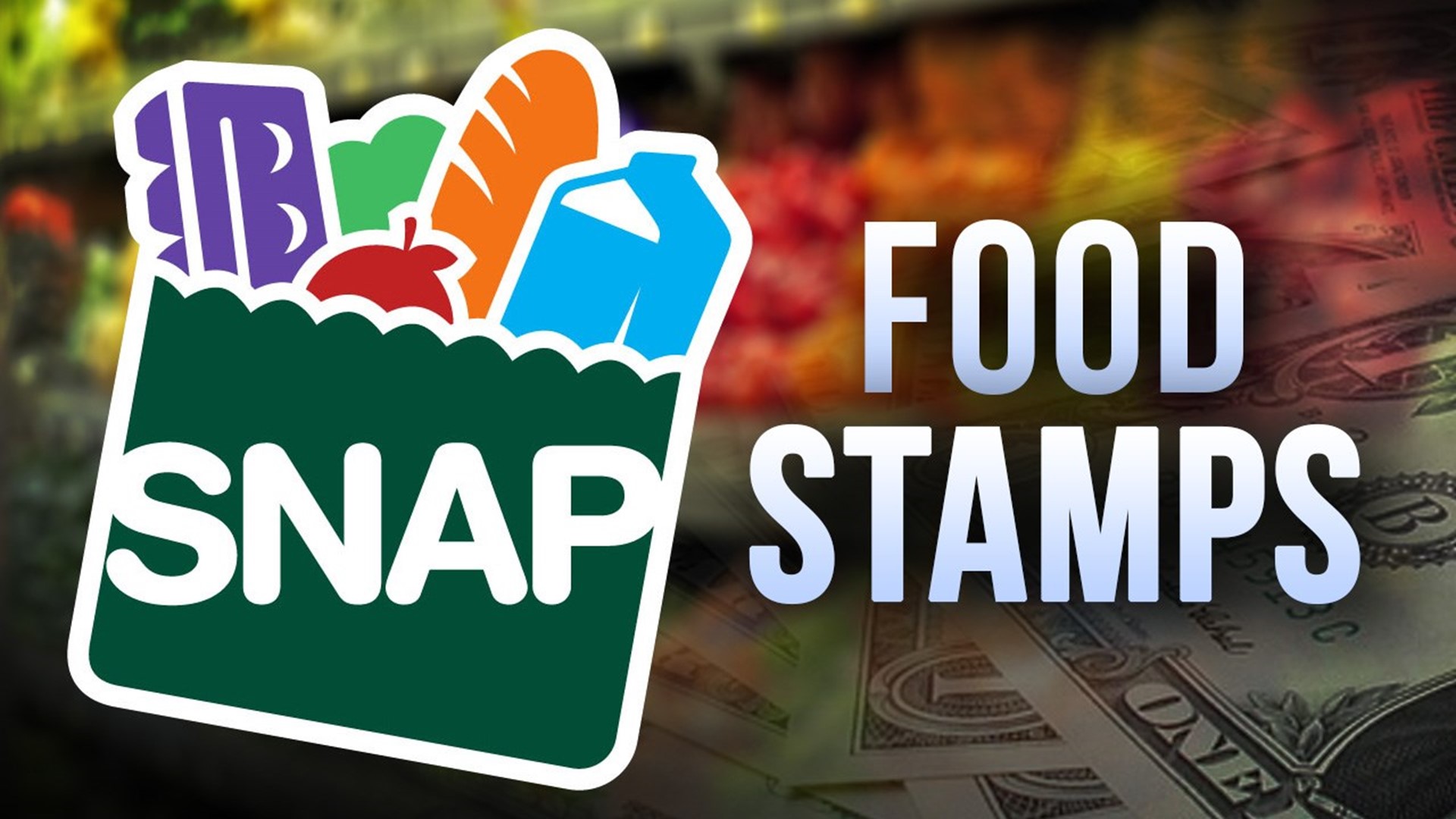The Families First Coronavirus Response Act permitted emergency allotments to help SNAP families meet temporary food needs during the epidemic. EA amounts are equal to the maximum benefit for the household size minus their monthly base benefit, according to the US Department of Agriculture.
State SNAP agencies can provide EA payments to all SNAP households that receive less than the maximum benefit on a month-to-month basis. Households receiving the maximum SNAP benefit or close to it receive little or no additional assistance.
Payments under the EA can be provided as long as there is a national public health emergency and the state has declared an emergency. On July 15, the existing PHE will expire.

For the month of June 2022, no COVID-19 exemptions permitting the release of emergency allotments have been granted to any state. During the next summer months, however, qualified school children and children in daycare programs may get temporary emergency food assistance (P-EBT).
States with an authorized extension for a covered summer period can pay P-EBT benefits regardless of the student’s school status, COVID-related absences, virtual learning days, or the operational status of eligible child care facilities under the Families First Coronavirus Response Act (the FFCRA).
Read More:-
- Skimmer Theft Is Stealing SNAP Benefits Across the Country
- This Summer, Here’s Where You Can Use Your SNAP Benefits
- Head Start and Early Head Start services are available to SNAP families
During the 2021-22 school year, the following states and territories have been permitted to conduct a P-EBT program:
- Alabama
- American Samoa
- Colorado
- Connecticut
- Delaware
- District of Columbia
- Florida
- Indiana
- Illinois
- Kentucky
- Louisiana
- Maine
- Maryland
- Massachusetts
- Michigan
- Minnesota
- Nebraska
- Nevada
- New Mexico
- North Carolina
- Ohio
- Oklahoma
- Pennsylvania
- Puerto Rico
- Rhode Island
- Tennessee
- Texas
- Utah
- Vermont
- Virginia
- West Virginia
- Wisconsin


